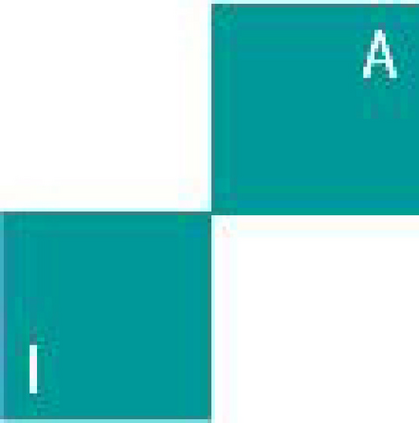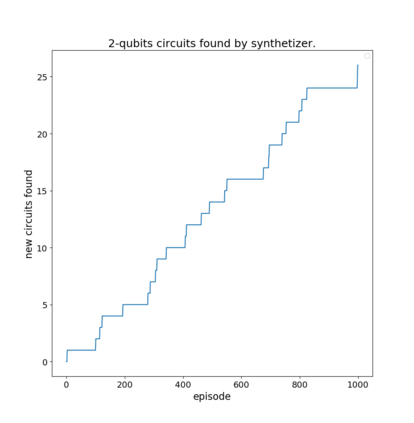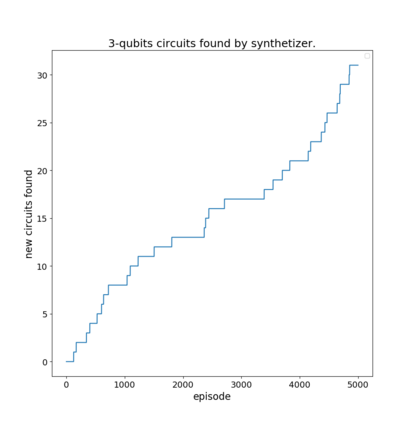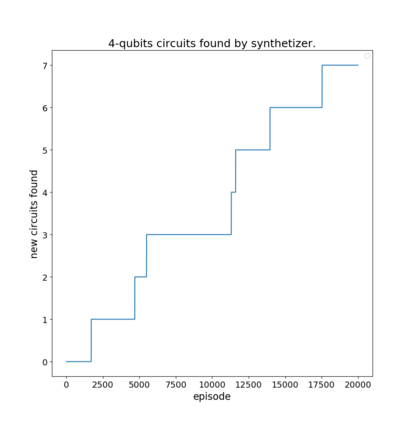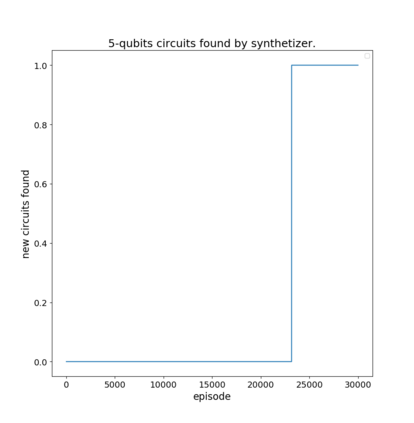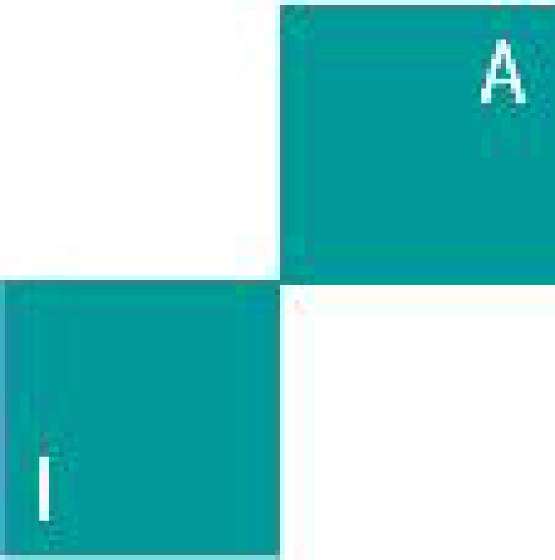Quantum Computing has been evolving in the last years. Although nowadays quantum algorithms performance has shown superior to their classical counterparts, quantum decoherence and additional auxiliary qubits needed for error tolerance routines have been huge barriers for quantum algorithms efficient use. These restrictions lead us to search for ways to minimize algorithms costs, i.e the number of quantum logical gates and the depth of the circuit. For this, quantum circuit synthesis and quantum circuit optimization techniques are explored. We studied the viability of using Projective Simulation, a reinforcement learning technique, to tackle the problem of quantum circuit synthesis for noise quantum computers with limited number of qubits. The agent had the task of creating quantum circuits up to 5 qubits to generate GHZ states in the IBM Tenerife (IBM QX4) quantum processor. Our simulations demonstrated that the agent had a good performance but its capacity for learning new circuits decreased as the number of qubits increased.
翻译:量子计算在过去几年中一直在演化。虽然现在量子算法的性能比古典的性能要好,但是,为了有效使用量子算法而需要的量子脱节和额外的辅助量子比特是量子算法的巨大障碍。这些限制导致我们寻找尽量减少算法成本的方法,即量子逻辑门的数量和电路的深度。为此,探索了量子电路合成和量子电路优化技术。我们研究了使用投影模拟(一种强化学习技术)解决数量有限的噪声量子计算机的量子电路合成问题的可行性。该代理的任务是在IBM Tenerife(IBM QX4)量子处理器中创建最多5 QQbets,以产生GHZ 状态。我们的模拟表明该剂的性能良好,但随着Qbit数量的增加,其学习新电路的能力下降。

